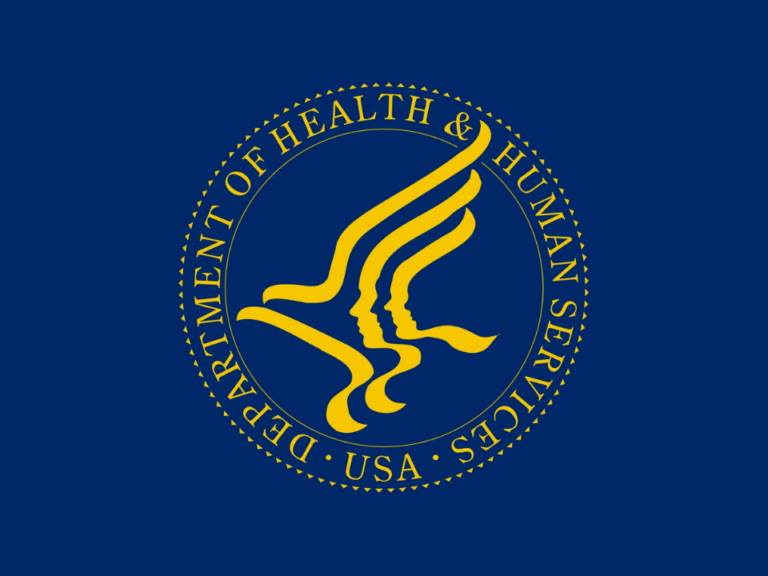FDA has approved Tecentriq (atezolizumab) as a first-line (initial) treatment for adults with metastatic non-small cell lung cancer whose tumors have high PD-L1 expression (PD-L1 stained ≥ 50% of tumor cells [TC ≥ 50%] or PD-L1 stained tumor-infiltrating [IC] covering ≥ 10% of the tumor area [IC ≥ 10%]), as determined by an FDA-approved test, with no EGFR or ALK genomic tumor aberrations.
Tecentriq is sponsored by Genentech.
“We are pleased to offer people with certain types of lung cancer a new chemotherapy-free option that can help prolong their lives and be administered on a flexible dosing schedule, including an option for once-a-month Tecentriq infusions,” Levi Garraway, chief medical officer and head of Global Product Development, said in a statement.
This approval is based on an interim analysis from the phase III IMpower110 study, which showed Tecentriq monotherapy improved overall survival by 7.1 months compared with chemotherapy (median OS=20.2 versus 13.1 months; hazard ratio [HR]=0.59, 95% CI: 0.40–0.89; p=0.0106) in people with high PD-L1 expression (TC3/IC3-wild-type [WT]). Safety for Tecentriq appeared to be consistent with its known safety profile, and no new safety signals were identified. Grade 3-4 treatment-related adverse events were reported in 12.9% of people receiving Tecentriq compared with 44.1% of people receiving chemotherapy.
Tecentriq is the first and only single-agent cancer immunotherapy with three dosing options, allowing administration every two, three or four weeks. The supplemental Biologics License Application for the Tecentriq monotherapy was granted Priority Review.
In the U.S., Tecentriq has received four approvals across NSCLC, including as a single agent or in combination with targeted therapies and/or chemotherapies. It is also approved in combination with carboplatin and etoposide (chemotherapy) for the first-line treatment of adults with extensive-stage small cell lung cancer.









